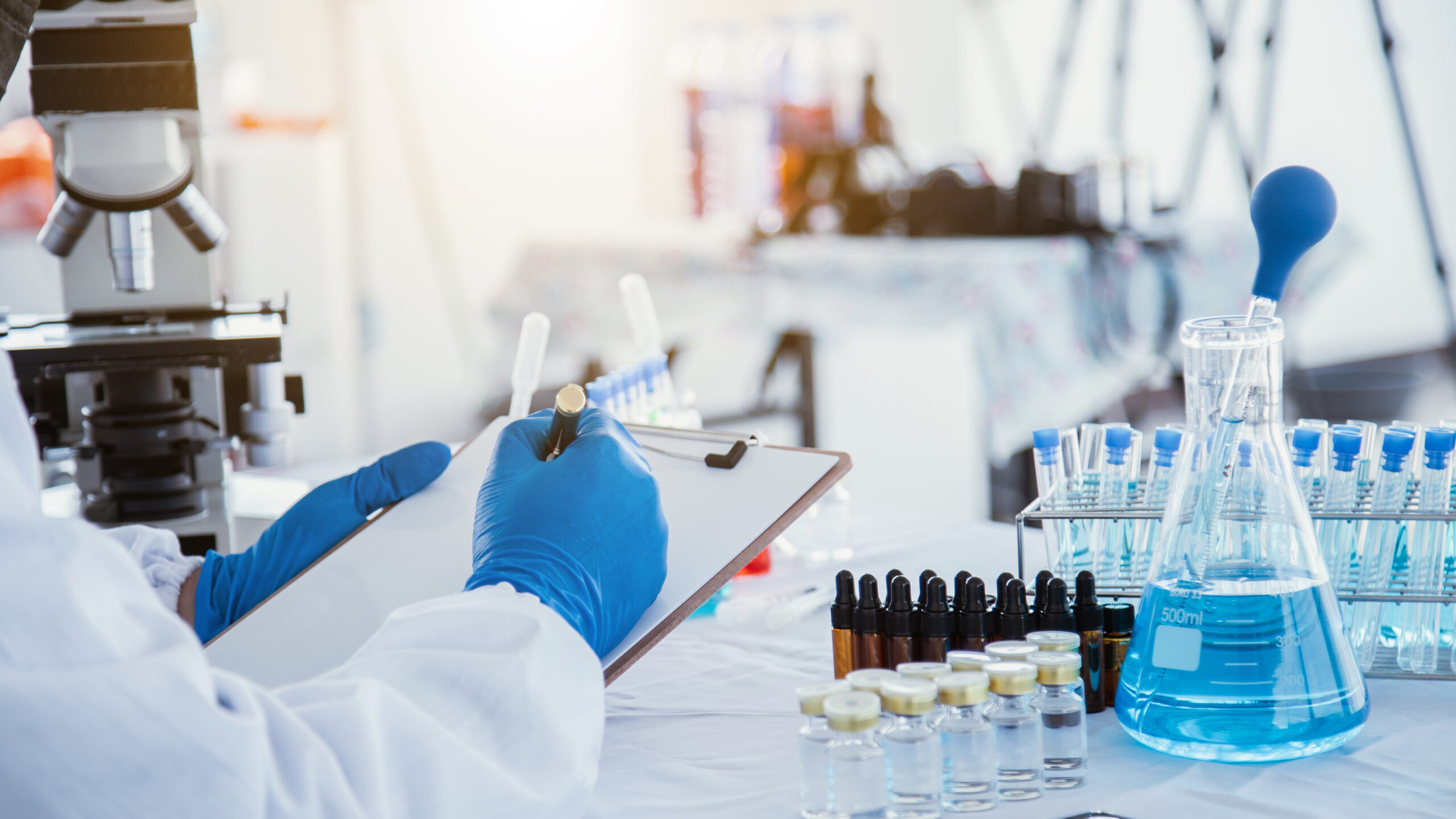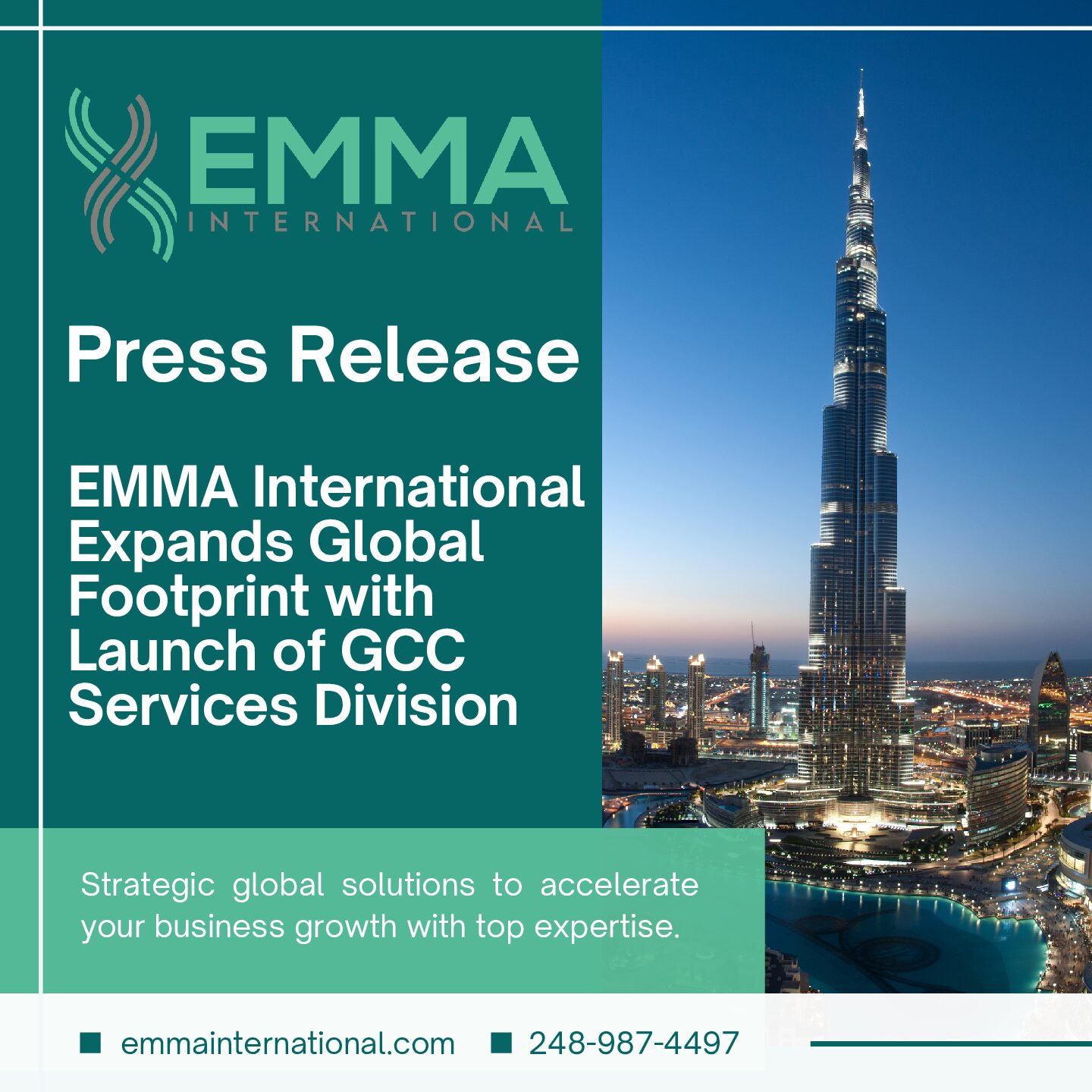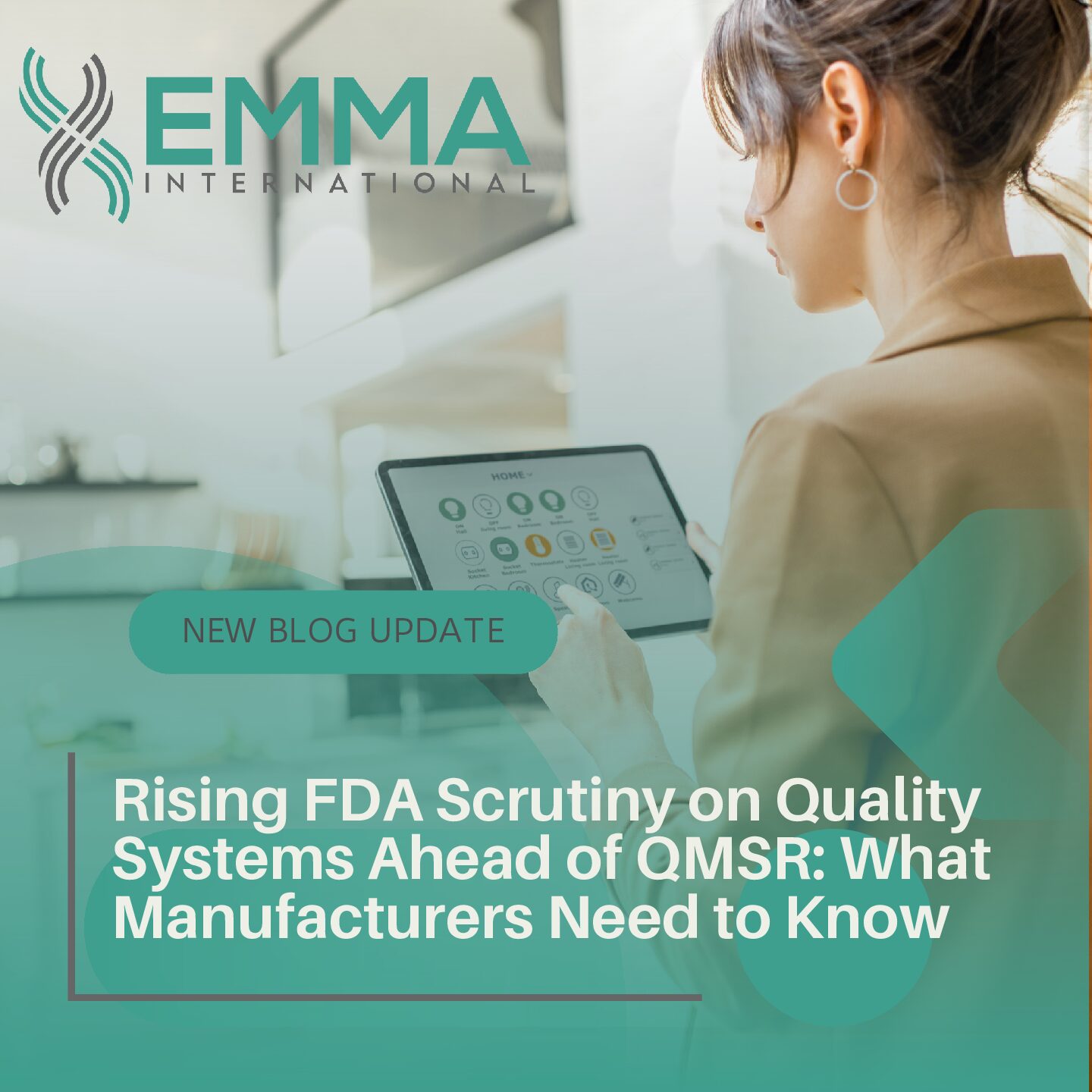Smoke studies, also known as airflow visualization studies, are conducted to assess and visualize the airflow patterns within a cleanroom or controlled environment. The primary objective is to confirm that air moves in a controlled manner, thereby preventing contamination. During a smoke study, non-toxic, particle-free smoke is released into the cleanroom, and its movement is observed and recorded. This process helps identify any areas where airflow may be turbulent, stagnant, or improperly directed.
Smoke studies are vital for several reasons:
- Contamination Control The primary purpose of a cleanroom is to minimize the risk of contamination to products or processes. Proper airflow ensures that contaminants are effectively swept away from critical areas and do not settle on surfaces where they could compromise product integrity. Smoke studies help verify that the airflow patterns within a cleanroom are consistent with these goals.
- Risk Mitigation Identifying and correcting poor airflow patterns early in the cleanroom design and operation process can prevent costly contamination events, product recalls, and production downtime. Smoke studies provide a proactive approach to risk management by highlighting potential issues before they become significant problems.
- Process Validation For cleanrooms used in manufacturing, particularly in the life sciences sector, process validation is essential to ensure consistent product quality. Smoke studies are a critical component of this validation, confirming that environmental controls work as intended under both static and dynamic conditions.
Smoke studies follow a systematic approach to ensure accurate and meaningful results. It’s important to define the scope of the study, including the specific areas to be evaluated, such as laminar flow hoods, filling lines, or critical workspaces. The study is typically conducted during both “at rest” and “in operation” conditions to assess how airflow behaves under different scenarios.
The selection of the type of smoke used in the study is crucial. The smoke must be non-toxic, particle-free, and have a density that makes it easily visible without interfering with cleanroom operations. Commercially available smoke generators that produce a vapor-like substance are commonly used.
The smoke is released in strategic locations within the cleanroom, and its movement is observed. Video recording is often used to document the airflow patterns, allowing for detailed analysis. Observers look for any signs of turbulence, backflow, or dead zones where air does not circulate effectively. The recorded footage and observations are analyzed to identify any deviations from the expected airflow patterns. These deviations could indicate potential contamination risks or areas where cleanroom design may need to be adjusted.
If the smoke study reveals any issues with airflow, corrective actions must be taken. This could involve redesigning certain aspects of the cleanroom, adjusting ventilation systems, or implementing additional controls to ensure proper airflow. Revalidation after corrective actions is implemented or a follow-up smoke study is often required to confirm that the issues have been resolved and that the cleanroom now meets the necessary standards for airflow and contamination control.
Smoke studies are an essential tool in the validation and maintenance of cleanrooms, providing valuable insights into airflow patterns and helping to ensure that controlled environments operate effectively. By conducting regular smoke studies, companies can minimize the risk of contamination, ensure regulatory compliance, and maintain the highest standards of product quality. Whether you’re designing a new cleanroom or optimizing an existing one, EMMA International can help! Call us at 248-987-4497 or email info@emmainternational.com to learn more.
FDA (Sep 2004) Sterile Drug Products Produced by Aseptic Processing — Current Good Manufacturing Practice retrieved from: https://www.fda.gov/media/71026/download





